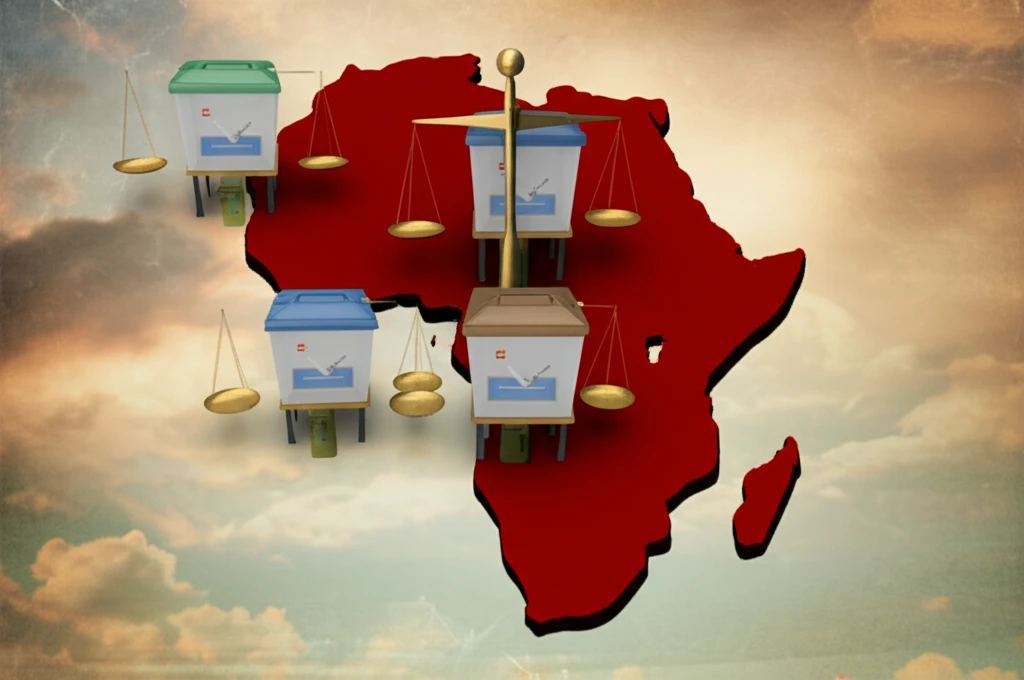
Africa's Political Pulse: Elections, Power Plays, and the Fight for Democracy
"A deep dive into recent elections and political shifts in Mauritania, Nigeria, and Rwanda, revealing trends in governance, opposition, and democratic processes across the continent."
Across Africa, the political landscape is constantly shifting, with elections serving as crucial barometers of governance, stability, and democratic progress. Recent months have seen significant electoral events in Mauritania, Nigeria, and Rwanda, each presenting unique challenges and outcomes that reflect the broader trends shaping the continent.
This article delves into the details of these elections, examining the key players, the issues at stake, and the controversies that have arisen. By analyzing these case studies, we gain a deeper understanding of the complexities of African politics and the ongoing struggle for democratic ideals.
From allegations of fraud and political maneuvering to the resilience of opposition movements and the dominance of ruling parties, the narratives unfolding in these nations offer valuable insights into the state of democracy and governance in Africa today.
Mauritania: A Contested Victory

In Mauritania, the ruling Union for the Republic (UPR) party secured a sweeping victory in legislative, municipal, and local elections, solidifying its dominance ahead of the upcoming presidential poll. The UPR gained an additional 22 seats in the parliament, bringing its majority to 89 in the 157-seat body. This victory extended to the regional councils, where the UPR claimed all 13 seats, and the municipal level, where it won 162 out of 219 communes.
- The UPR's win gives it a strong advantage heading into the next presidential elections.
- The opposition parties are claiming “shameless fraud” in the nationwide polls.
- Notably, the UPR victory in the capital Nouakchott was very slim in the municipal polls.
- The president still remains tight lipped about his political plans and aspirations.
Looking Ahead
As Africa continues to navigate its political future, these recent elections in Mauritania, Nigeria, and Rwanda serve as critical case studies. They highlight the ongoing challenges related to electoral integrity, political competition, and the balance of power between ruling parties and opposition movements. Understanding these dynamics is essential for fostering greater transparency, accountability, and democratic progress across the continent.
